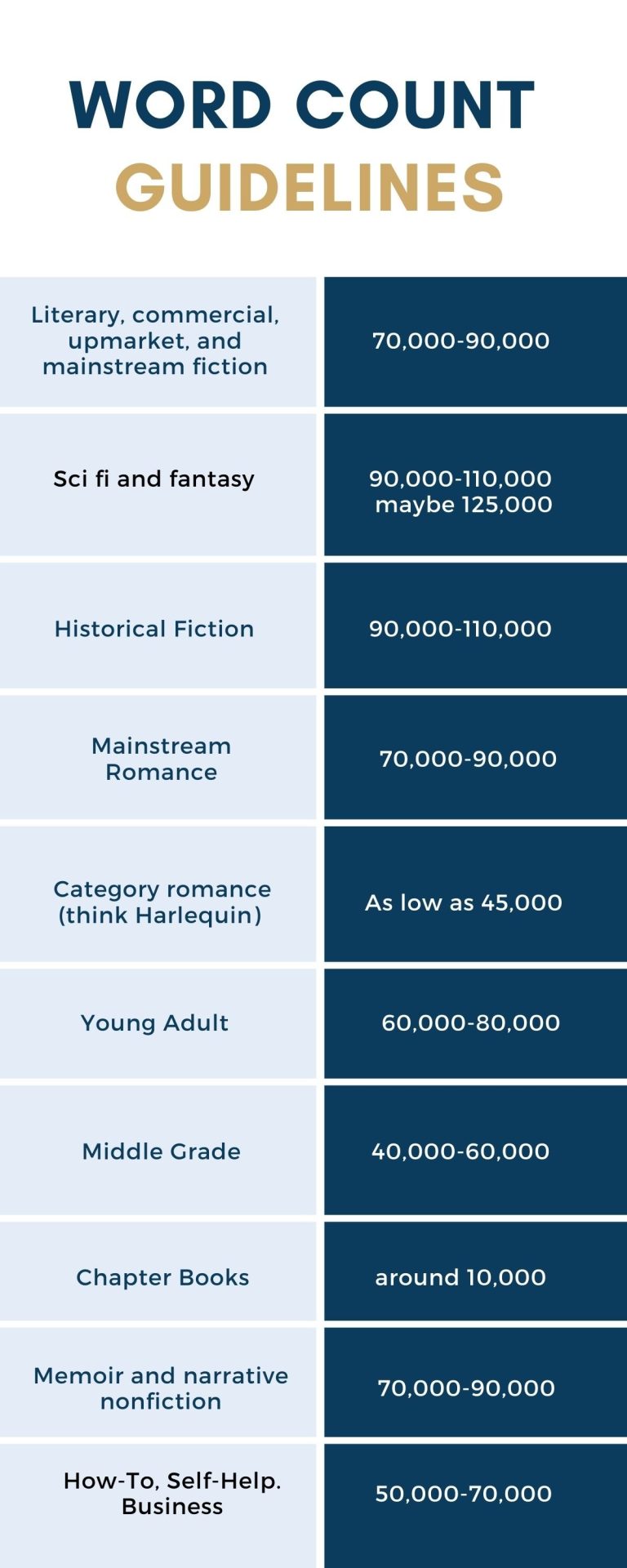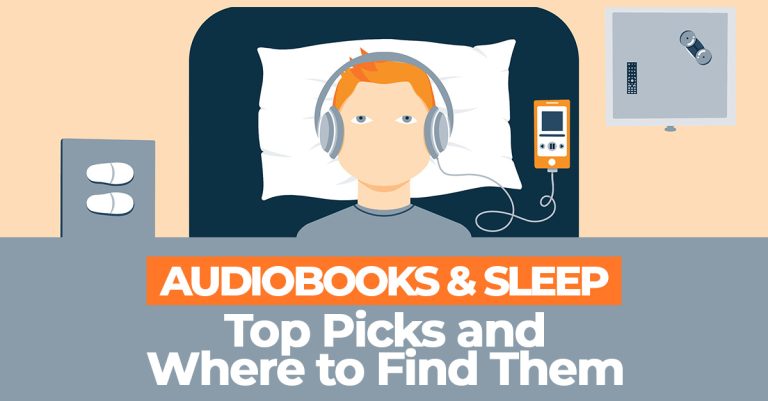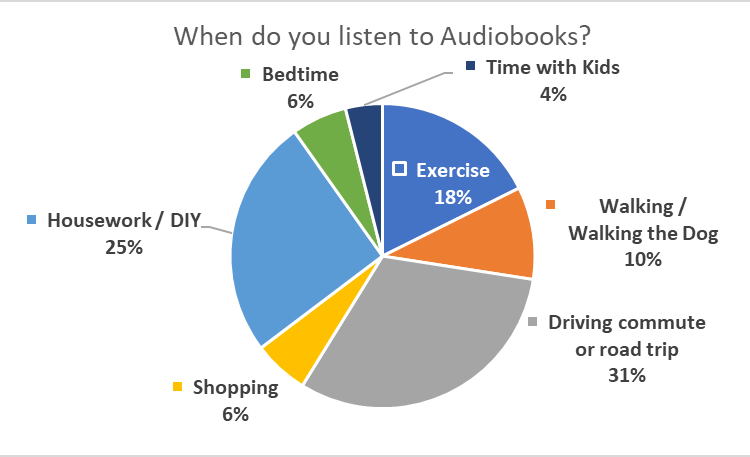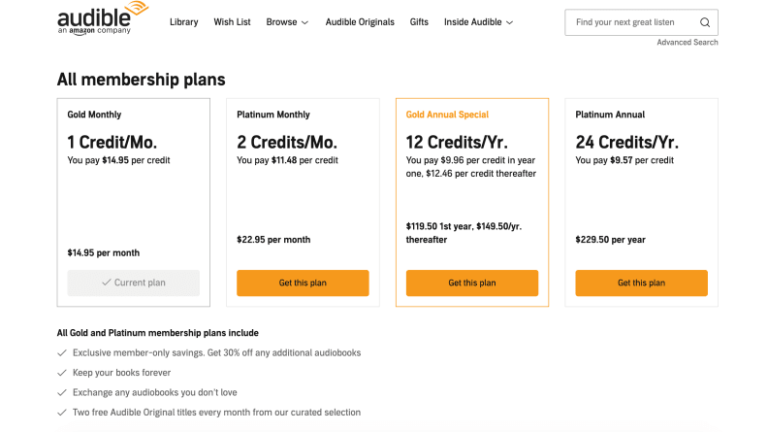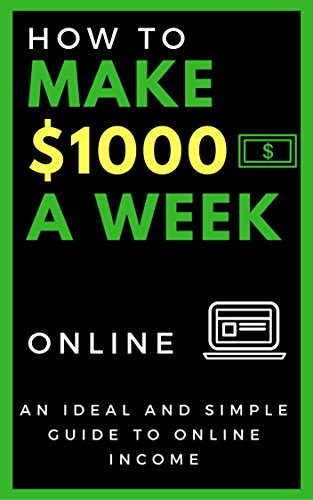Is It Illegal To Sell Audiobooks?
Thinking about selling audiobooks? Wondering if it’s legal? Well, let’s dive right into the topic: Is it illegal to sell audiobooks? Selling audiobooks has become increasingly popular in recent years, with more and more people turning to audio formats for their reading pleasure. However, there are some legal considerations to keep in mind before you jump into the audiobook-selling business. So, let’s explore the ins and outs of selling audiobooks and find out if it’s a legally sound endeavor.
When it comes to selling audiobooks, the legality can vary depending on a few factors. First and foremost, it’s crucial to ensure that you have the proper rights and permissions to sell the audiobooks you offer. Just like with physical books, authors and publishers hold the rights to their work, and unauthorized distribution or sale can be a breach of copyright laws. It’s important to obtain the necessary licenses or agreements from the rightful owners before venturing into the audiobook market.
Additionally, it’s worth noting that there may be specific regulations or restrictions in your country or region regarding the sale of audiobooks. These regulations can differ from place to place, so it’s essential to familiarize yourself with the legal landscape and ensure compliance with any applicable laws. By doing so, you can confidently navigate the world of audiobook sales and provide an enjoyable listening experience for your customers, all while staying on the right side of the law.
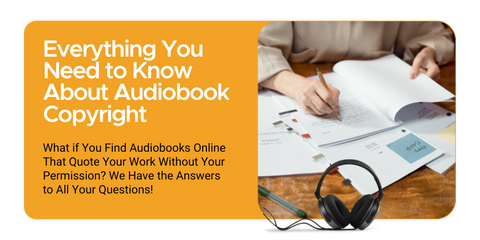
Is it Illegal to Sell Audiobooks?
When it comes to selling audiobooks, there are certain legal considerations that need to be taken into account. In this article, we will delve into the topic of selling audiobooks and explore whether or not it is legal to do so. We will discuss the various factors that come into play, including copyright law and licensing agreements. By the end of this article, you will have a better understanding of the legalities surrounding the sale of audiobooks.
Understanding Copyright Law
One of the primary factors to consider when selling audiobooks is copyright law. Copyright law exists to protect the rights of creators and prevent others from using their work without permission. Audiobooks are typically created by narrators who read written works aloud, and these works are protected by copyright. This means that the rights to distribute and sell the audiobook belong to the copyright holder, whether it be the author or a publishing company.
As an individual looking to sell audiobooks, it is important to ensure that you have the necessary rights and permissions to do so. This may involve obtaining a license from the copyright holder or entering into a distribution agreement with a publishing company. Failing to obtain the proper rights can result in legal consequences, as you would be infringing on the copyright holder’s exclusive rights to distribute and sell their work.
Obtaining the Rights to Sell Audiobooks
If you want to sell audiobooks legally, there are a few avenues you can explore to obtain the necessary rights. One option is to work directly with authors or publishing companies to secure a licensing agreement. This agreement would outline the terms and conditions for selling the audiobook, including any royalties or fees that may be owed to the copyright holder.
Another option is to utilize platforms or services that specialize in distributing and selling audiobooks. These platforms often have partnerships with publishers and authors, allowing them to legally sell audiobooks on behalf of the rights holders. By using these services, you can ensure that you are operating within the bounds of copyright law and providing a legitimate avenue for consumers to purchase and enjoy audiobooks.
The Importance of Licensing Agreements
When selling audiobooks, it is crucial to have a clear understanding of licensing agreements. A licensing agreement is a legally binding contract between the copyright holder and the individual or company seeking to sell the audiobook. This agreement outlines the rights and responsibilities of both parties, ensuring that the copyright holder’s work is protected and that the seller is operating within the confines of the law.
By entering into a licensing agreement, you gain the necessary rights to distribute and sell the audiobook. This agreement will typically specify the duration of the license, any restrictions on distribution, and the financial terms, such as royalties or fees. It is essential to carefully review and adhere to the terms of the licensing agreement to avoid any legal issues that may arise from selling the audiobook.
Benefits of Licensing Agreements
There are several benefits to obtaining a licensing agreement when selling audiobooks. Firstly, it provides legal protection for both the copyright holder and the seller. The licensing agreement clearly outlines the rights and responsibilities of each party, ensuring that there is no confusion or ambiguity regarding the use of the audiobook.
Secondly, a licensing agreement allows for a mutually beneficial relationship between the copyright holder and the seller. The copyright holder can earn royalties or fees from the sale of the audiobook, while the seller gains access to high-quality content that they can legally sell to consumers. This partnership promotes the fair and lawful distribution of audiobooks, benefiting all parties involved.
Conclusion
In conclusion, selling audiobooks is not inherently illegal. However, it is crucial to navigate the legal landscape surrounding copyright law and licensing agreements. By obtaining the necessary rights and adhering to licensing agreements, individuals and companies can sell audiobooks legally and ethically. Remember to always seek permission from the copyright holder and enter into appropriate agreements to ensure that you are operating within the bounds of the law.
Key Takeaways: Is it illegal to sell audiobooks?
- Selling audiobooks is generally legal as long as you have the necessary rights or licenses.
- Unauthorized distribution of copyrighted audiobooks is illegal and can result in legal consequences.
- It is important to respect the intellectual property rights of authors and publishers when selling audiobooks.
- Platforms like Audible and iTunes provide legal channels for selling audiobooks.
- Always ensure you have the proper permissions and rights before selling or distributing audiobooks.
Frequently Asked Questions
Can I sell audiobooks legally?
Yes, you can sell audiobooks legally. However, there are certain considerations you need to keep in mind to ensure you are complying with copyright laws and licensing agreements. First and foremost, you need to have the rights to sell the audiobook. This means either obtaining the rights directly from the author or obtaining the necessary licenses from the appropriate publishers or distributors.
Additionally, it is important to understand that selling pirated or unauthorized copies of audiobooks is illegal. You should always ensure that you are selling legitimate copies and not infringing on any intellectual property rights. By obtaining the proper rights and licenses, you can sell audiobooks legally and avoid any legal consequences.
What are the copyright considerations when selling audiobooks?
When selling audiobooks, copyright considerations are crucial. Copyright protects the original works of authors, including audiobooks. Therefore, you cannot sell or distribute an audiobook without the necessary rights or licenses. This applies to both the content of the audiobook and the specific recording of it.
To sell an audiobook legally, you must obtain the rights from the author or the publisher. This typically involves negotiating a licensing agreement or purchasing the rights to the audiobook. By respecting copyright laws and obtaining the proper permissions, you can sell audiobooks legally and avoid any copyright infringement issues.
Are there any licensing requirements for selling audiobooks?
The specific licensing requirements for selling audiobooks may vary depending on your location and the agreements you have in place. In general, if you are selling commercially produced audiobooks, you may need to obtain a distribution license from the publisher or distributor. This license allows you to sell the audiobook and distribute it to customers.
If you are producing and self-publishing your own audiobooks, you may need to secure additional rights and licenses. This could include obtaining the necessary music licenses for any background music used in the audiobook or securing performance rights for any narrators or voice actors involved in the recording.
What are the consequences of selling pirated audiobooks?
Selling pirated audiobooks is illegal and can have serious consequences. Pirated audiobooks are unauthorized copies that infringe on the intellectual property rights of the authors or publishers. If you are caught selling pirated audiobooks, you may face legal action, including copyright infringement lawsuits.
In addition to legal consequences, selling pirated audiobooks can damage your reputation as a seller and harm the audiobook industry as a whole. It is important to always sell legitimate copies and respect the rights of authors and publishers. By doing so, you can avoid the negative consequences associated with selling pirated audiobooks.
How can I ensure I am selling audiobooks legally?
To ensure you are selling audiobooks legally, there are several steps you can take. First, research and understand the copyright laws in your jurisdiction to ensure you are complying with the necessary regulations. Next, obtain the rights or licenses to sell the audiobooks you plan to offer.
When sourcing audiobooks, work directly with authors, publishers, or authorized distributors to ensure you are selling legitimate copies. Avoid purchasing or selling audiobooks from sources that are known for distributing pirated or unauthorized copies. By taking these precautions, you can confidently sell audiobooks legally and avoid any legal issues.
The Ugly Truth Behind Publishing Audiobooks on Audible
Final Summary: Is it illegal to sell audiobooks?
So, we’ve delved into the intriguing world of selling audiobooks, and now it’s time to wrap things up. After our exploration, it’s clear that the legality of selling audiobooks is not a black and white matter. While there are certainly legal considerations and copyright laws that need to be followed, selling audiobooks can be done within the boundaries of the law.
In conclusion, it is not inherently illegal to sell audiobooks as long as you have the necessary rights and permissions. It’s crucial to obtain the proper licenses or agreements with the original authors or publishers to ensure that you’re operating within the legal framework. Additionally, being aware of copyright laws and respecting intellectual property rights is essential.
So, if you’re thinking of diving into the audiobook business, remember to do your due diligence, secure the appropriate licenses, and respect the rights of the creators. By doing so, you can navigate the audiobook industry with confidence, providing valuable content to eager listeners while staying on the right side of the law. Happy selling!

